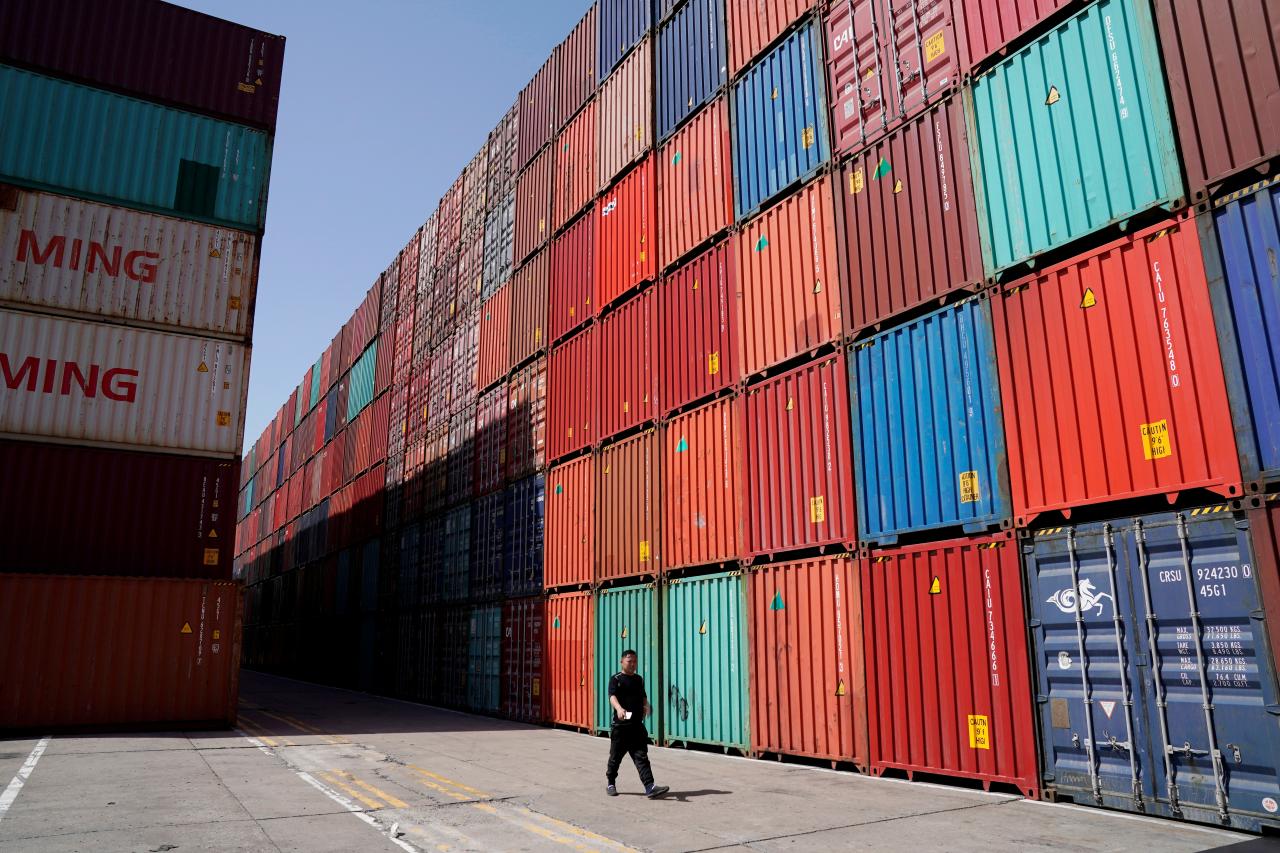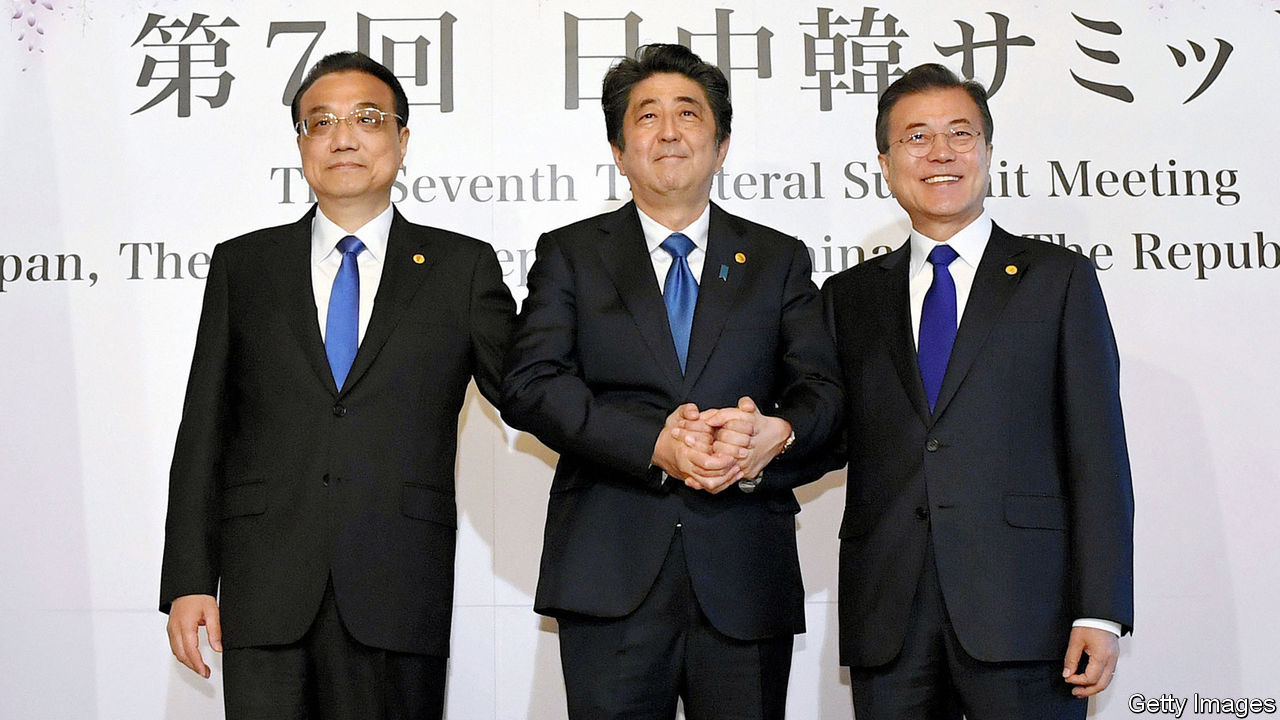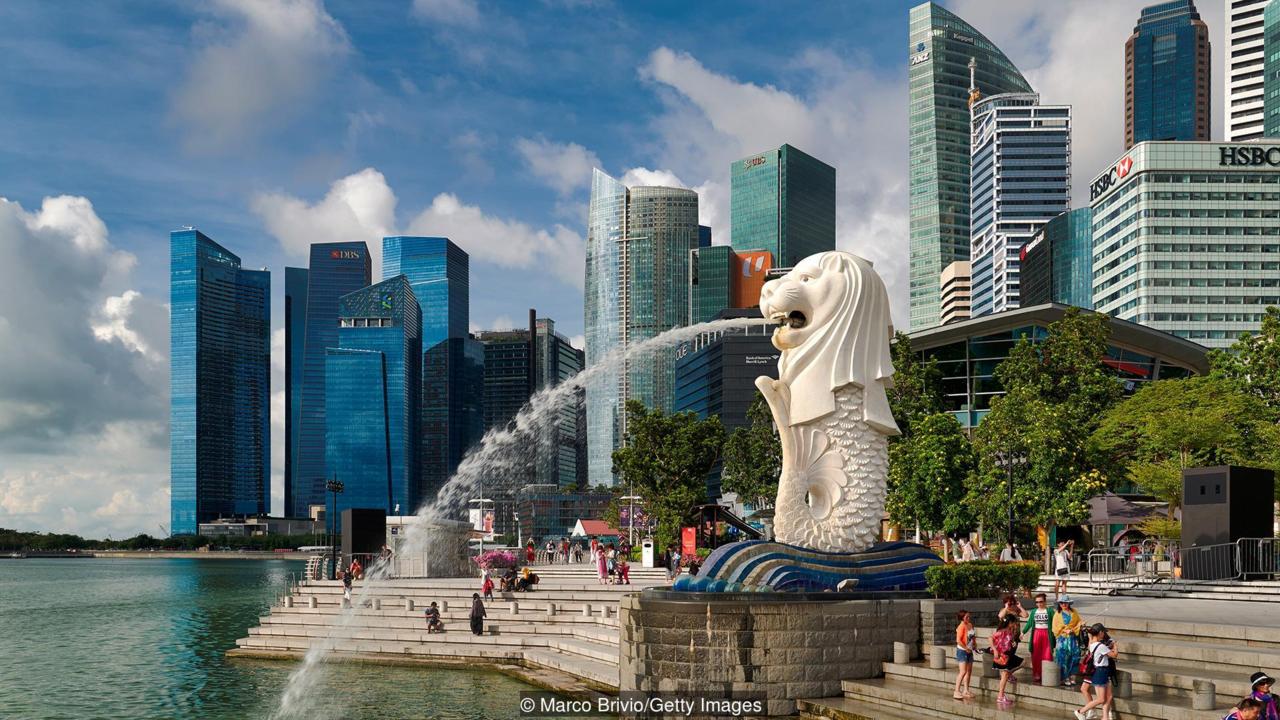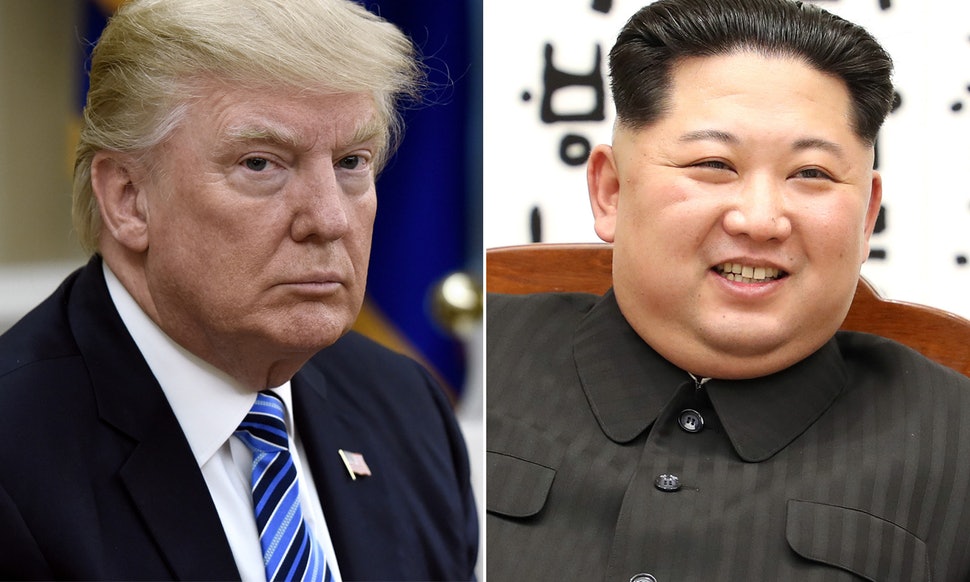
 American Goods Are Stuck at Chinese Ports
American Goods Are Stuck at Chinese PortsShipments of U.S. goods, ranging from Ford Motor Co's luxury Lincoln brand cars to pork and pet food, are facing unusual delays at Chinese ports. The delays, which in some cases have left meat sitting at ports for up to two weeks as opposed to a few days, have been attributed to stricter customs procedures. According to the Financial Times, U.S. pet food has faced delays at customs, and quarantine checks have been ramped up on U.S. agricultural produce. The Chinese General Administration of Customs said in a statement that pests had been detected in apples and logs imported from the U.S. at ports in Shanghai, Shenzen and other cities. While testing occurs, goods will not be allowed to pass through customs.
Some in the U.S. government believe that American products are being unduly targeted. "We are troubled by reports that China continues to impose unjustified restrictions on U.S. products," a U.S. Agriculture Department spokesperson said. Experts have noted that import delays would send a message to the U.S. in trade disputes, while having little impact on Chinese consumers. Ji Guangxin, a Qingdao-based industry analyst, explained that "only two percent of pork consumed in China is imported and the U.S. accounts for only a fraction of that two percent. But U.S. [exporters] have fewer choices as China is the world's largest pork consumer."
Meanwhile, China's Vice Premier Liu He is expected to visit Washington soon for a second round of trade talks. Zhao Minghao argued in an article for China-US Focus that last week's negotiations "made limited progress, with limited consensus in a few areas and an agreement to establish a new mechanism to continue consultations." The upcoming talks may give a better indication as to whether the U.S. and China will reach an agreement before their respective tariffs go into effect. Although China did not agree to the U.S.' demand to cut the trade deficit by $200 billion by the end of 2020, some expect Liu to come to Washington with a "shopping list" of U.S. goods that China could import to reduce the bilateral trade deficit. In return, the vice premier will likely ask the U.S. to consider some of China's requests, including lightening the punishment on Chinese company ZTE, which announced this week that it had suspended major operating activities.
Ryan Hass of Brookings argued for China-US Focus that this strategy is unlikely to solve what the U.S. perceives as the problems in China's trade relations with the rest of the world. "A narrow deal for China to buy American goods to temporarily shrink the trade deficit would be tantamount to kicking the can down the road. And Washington's current approach of using high decibel unilateral threats to extract Chinese concessions holds little hope of meaningful progress."
The White House announced on Monday that Liu He is expected to visit the U.S. capital next week, although some officials have suggested that the trip may be delayed due to internal divisions in the Trump administration over how to proceed in negotiations with China.
 Premier Li Keqiang's First Official Visit to Japan
Premier Li Keqiang's First Official Visit to JapanChina, Japan and South Korea pledged their adherence to free trade and plan to cooperate on regional security at a trilateral meeting in Japan this week. Chinese Premier Li Keqiang, Japanese Prime Minister Shinzo Abe and South Korean President Moon Jae-in met to discuss pressing issues such as Korean peninsula security and regional development. Premier Li expressed his hope that the three countries could become "the anchor of regional stability and the source of global development." Chinese Foreign Minister Wang Yi also attended the meeting. Premier Li's three day visit to Japan was the first official trip by a Chinese premier in eight years. The premier also met with Emperor Akihito of Japan, who said he hoped China and Japan would continue to build upon their mutual "goodwill and friendship."
China-US Focus contributor Giulio Pugliese wrote earlier this year that President Xi and Prime Minister Abe rose to power at roughly the same time in late 2012 and "confronted the hottest crisis in fifty years of bilateral relations," primarily sparked by territorial disputes over three islets in the East China Sea. However, in the past year, there have been signs of an improving relationship between China and Japan. Despite early reservations, Japan has agreed to explore options to cooperate with China on specific Belt and Road projects. This week, Premier Li said in a speech in Tokyo that China could coordinate the Belt and Road Initiative with Japan's growth strategy, which he said would contribute to Prime Minister Abe's economic stimulus policy.
This week, the two countries agreed to set up a hotline to prevent military clashes, which will be launched within a month. It aims to avoid maritime incidents between naval vessels in disputed waters, although it reportedly does not cover the Senkaku/Diaoyu islets which are claimed by both countries. China also announced Tuesday that it will negotiate a bilateral currency swap agreement with Japan and allow Japanese investors to buy up to 200 billion yuan ($31.4 billion) worth of securities in Chinese onshore markets. Improved linkages between the economies of the two countries may be a sign of growing political trust and support for a stable environment for development in East Asia, amidst global fears of a trade war between China and the United States.
 Trump will meet Kim Jong Un in the Lion City, Singapore
Trump will meet Kim Jong Un in the Lion City, SingaporePresident Trump and Kim Jong Un will meet next month in Singapore, the American president announced over Twitter on Thursday. "The highly anticipated meeting between Kim Jong Un and myself will take place in Singapore on June 12th. We will both try to make it a very special moment for World Peace!" Trump tweeted. The summit will be the first face-to-face meeting between a sitting American president and the North Korean leader.
Although Switzerland, Sweden, Mongolia and the Demilitarized Zone were all floated as possible locations for the summit, Singapore, the city-state of 5.5 million people in Southeast Asia, was eventually chosen. A number of factors make Singapore a suitable location: it is one of the few countries in the world that hosts a North Korean embassy, it has a security relationship with the U.S. and longstanding positive relations with China. Former U.S. Ambassador to Singapore David Adelman said Singapore has a history of being "an honest broker between East and West."
Prior to Trump's announcement of the summit date and location, North Korea on Wednesday released three American prisoners it had held in custody. U.S. Secretary of State Mike Pompeo was in North Korea to meet with Kim. The American detainees returned to the U.S. aboard the secretary's plane and arrived at an air base outside Washington on Thursday morning.
 This Week's Top Commentary
This Week's Top CommentaryNow that Trump and Kim Jong Un are set to meet in just over a month, what can international observers and policymakers expect from the meeting? Could there be a historic diplomatic breakthrough, or will diplomacy fail?
In this week's top commentary, Zhang Tuosheng, the Director of Research at the China Foundation for International Strategic Studies, presents four possible outcomes of the upcoming meeting between Kim Jong Un and President Trump. The scenarios range from actual progress being made towards denuclearization, to the DPRK making limited compromises in return for the U.S.' tacit recognition of it as a nuclear weapons state. Zhang analyzes the role and likely decision-making process of major actors, including the U.S. and China, in each scenario. Read the full article here.
Prepared by China-US Focus editorial teams in Hong Kong and New York, this weekly newsletter offers you snap shots of latest trends and developments emerging from China every week, while adding a dose of historical perspective.
- 2018-05-04 China and the U.S. Lay Trade Demands on the Table
- 2018-04-27 U.S. Delegation Will Visit China Next Week
- 2018-04-20 China and the U.S. Seek Allies in Trade Dispute
- 2018-04-13 President Xi Reviews the PLA Navy
- 2018-04-06 China and Russia Pledge Military Cooperation in a Signal to the United States
- 2018-03-30 Kim Jong Un Visits Beijing on First Overseas Visit
- 2018-03-23 President Trump Asks for Tariffs on Around $50 Billion Worth of Chinese Imports
- 2018-03-16 Tillerson to be Replaced by Mike Pompeo as Secretary of State
- 2018-03-09 President Trump Agrees to Meet Kim Jong-Un
- 2018-03-02 U.S. Imposes Tariffs on Chinese Aluminum
- 2018-02-23 A Week of Developments Related to North Korea
- 2018-02-16 Cui Tiankai says U.S. Should Not Advocate Confrontational Strategy Towards China
- 2018-02-09 China Releases the “No.1 Central Document” Containing New Rural Policies
- 2018-02-02 Wang Qishan Appointed to the National Legislature
- 2018-01-26 New Edition of the Focus Digest
- 2018-01-19 South Korea and North Korea to Compete Together at the Winter Olympics
- 2018-01-12 U.S. House of Representatives Passes Taiwan Bills
- 2018-01-05 U.S. Rejects Sale of Moneygram to China’s Ant Financial
- 2017-12-22 Trump’s National Security Strategy Labels China a “Revisionist Power”
- 2017-12-15 White House and Secretary of State contradict each other on North Korea talks
